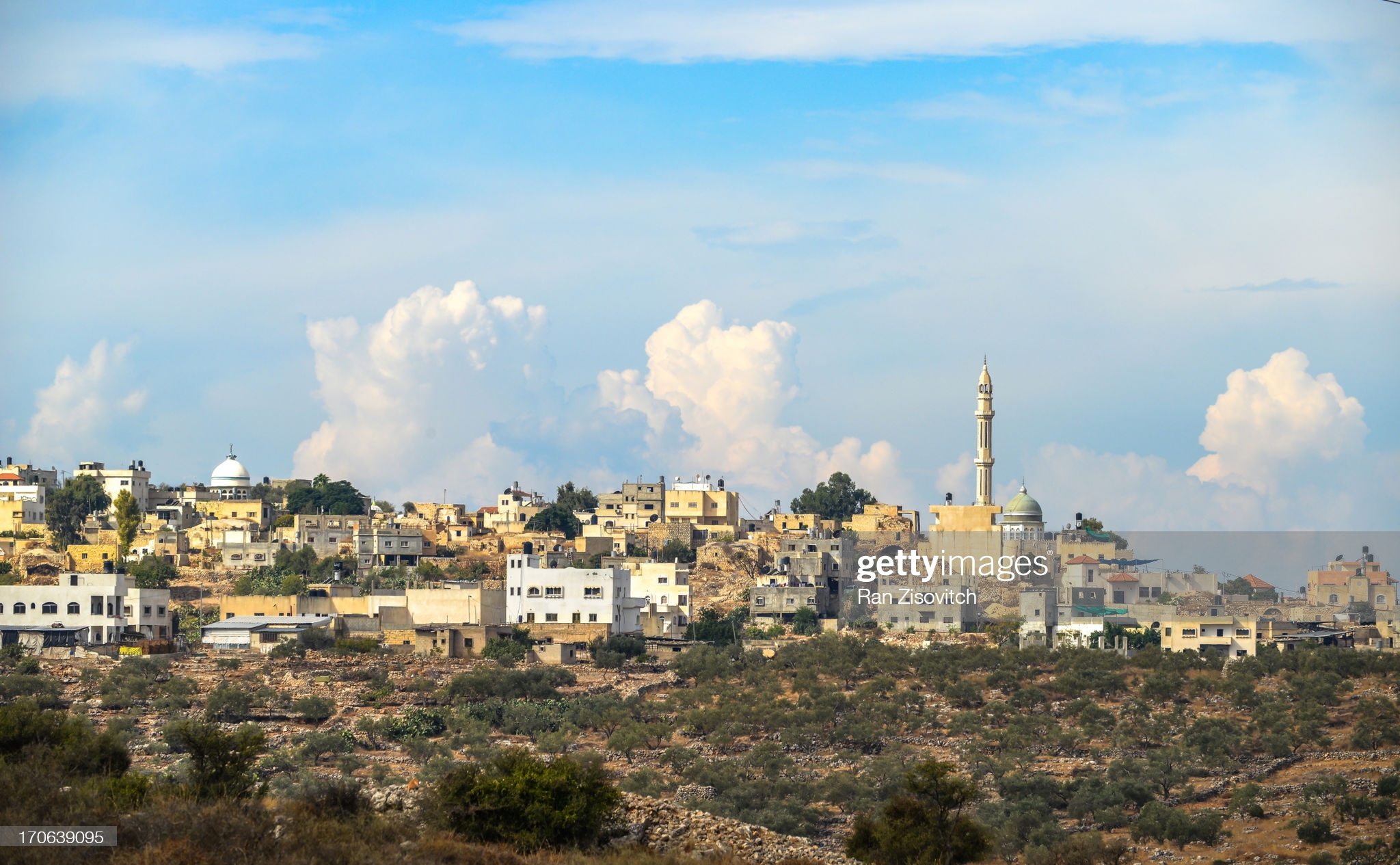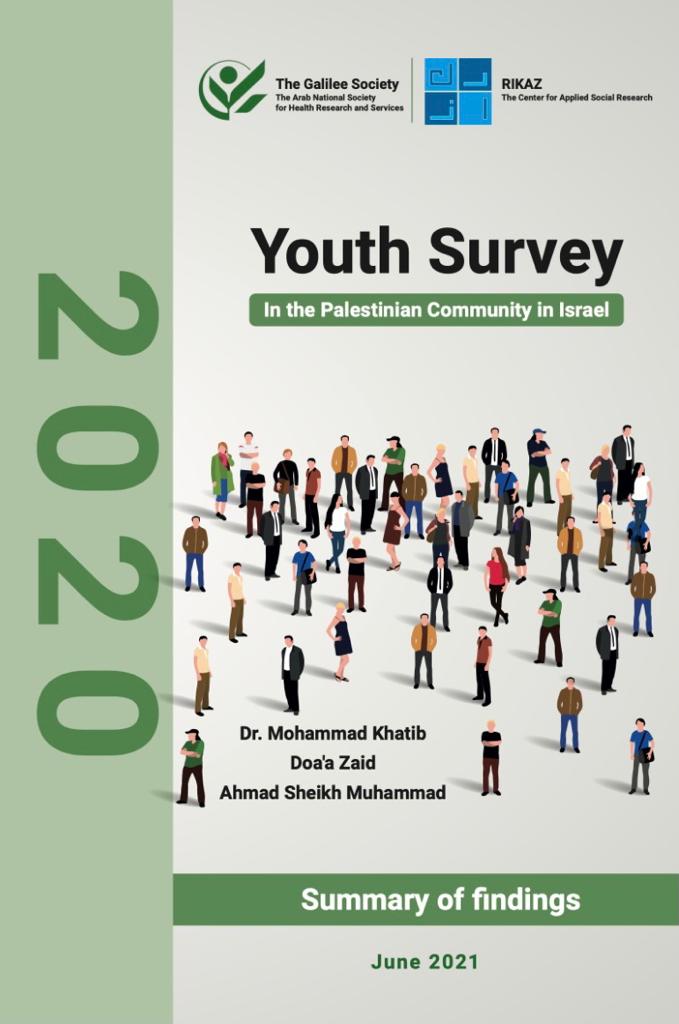by the Galilee Society
Through the years, the Arab local authorities in Israel had suffered not only from state discriminatory policies towards them but also from many “internal factors” that shaped their difficult situation and conduct leading to severe functional, administrative and financial problems.

Local Authorities play a key role in bringing social and economic development for their communities but currently many are not fulfilling their potential. This is primarily due to:
- Their poor technical, operational and management capacities limiting their ability to deliver efficient services and infrastructure to meet the communities needs;
- Weak human and technical capacities, including limited development of strategic work plans and budgets which prevent the successful attainment and management of financial resources and their ability to effectively advocate for their communities needs and influence policy making at the state level;
- Lack of trust between the local authorities and their communities as a result of poor accountability, non-transparent behavior, limited communication and dialogue and minimal processes in place to encourage community participation in decision-making and planning.
Financial difficulties arise from a number of factors such as central government funding discrimination, land shortages, increasing funding requirements and poor financial management. However, current opportunities to improve this situation do exist both internally from within the Authorities and externally.
For example, The Government Resolution 922 regarding the Economic Development Program for the Arab Sector represents a large opportunity for Arab Local Authorities to access significant funds for the development of their communities. In order to access the funding stronger strategic planning and thinking are required. Master plans with detailed budgets and priorities for each department and organization wide are required to ensure Local Authorities manage their resources effectively and practice accountability and transparency.
In partnership with the Bedouin Local Authorities for the implementation of the Green Committees project, the Galilee Society has demonstrated the ability to increase the management capacity and improve the performance and organizational culture of these local Authorities. These skills are essential to increase Arab Local Authorities’ success in accessing funding sources as they are required to demonstrate to funders their strong capacity in planning, strategic thinking and efficient management of resources.
Increasing community, and in particular women’s participation from communities in decision-making and planning also plays a key role in efficient and effective resource management by Local Authorities.
The Galilee Society has been working with Local Authorities for many years and has helped to develop their capacity and good governance with special emphasis on increasing the participation of women and vulnerable community members. Our work with Bedouin Local Authorities to establish active and representative Environmental Committees creates a successful model of a mechanism for increasing democratic participation in Arab society that can be expanded to benefit Local Authorities and their communities further.
Support the Galilee Society can provide in strengthening capacity of Arab LAs also enhances their ability to create opportunities and advocate for their communities needs and influence state government planning and decision-making.
Our Rikaz centre’s research on Arab Local Authorities and their communities provides us with insights and understanding of the needs of Arab communities. This knowledge places us in a unique position to partner with Local Authorities to address these needs.
https://gal-soc.org/article/59/Environmental-Committees-in-the-Arab-Local-Authorities


